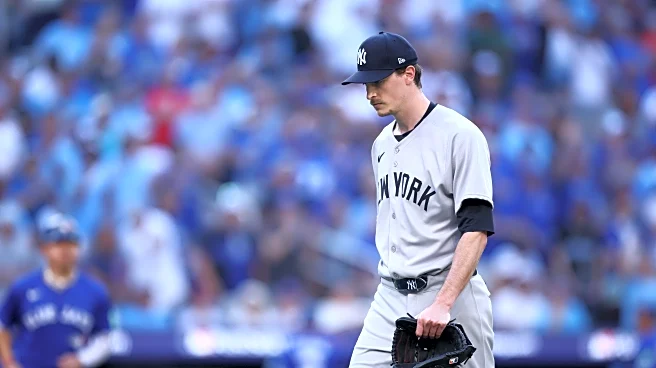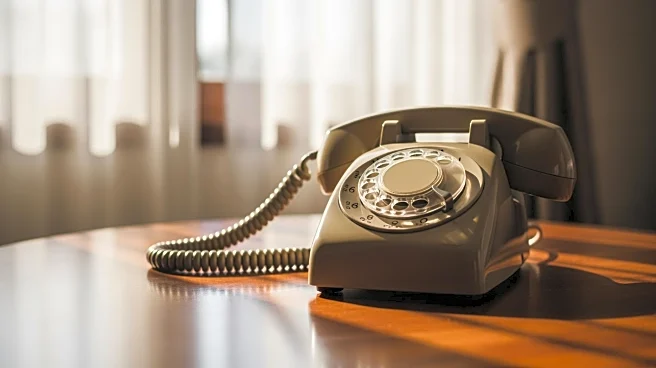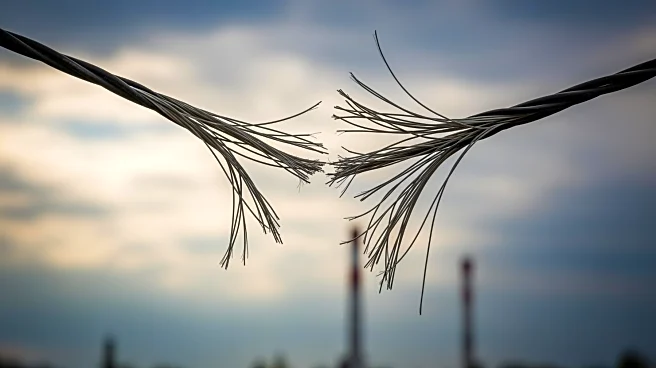Surely, it can’t get any worse?
This is a question asked by Yankee fans in this series against the Blue Jays. The issue is that it hasn’t been asked just once.
A tight ballgame through six in Game 1 turned
into a 10-1 laugher in a hurry. So after the unfortunate result, it made sense, but sure enough, the Yankees decided to show just how much worse it could get with a Game 2 meltdown that actually made us miss the mildly competitive nature of the previous affair.
There is exactly one positive thing to say about the Yankees’ performance in this 13-7 defeat. It’s that a late rally was enough to force John Schneider into using a few of his high-leverage relievers, Louie Varland and Seranthony Domínguez. As it pertains to the actual comeback effort, if we can call it that, it wasn’t. Varland was able to squash it without much hassle, but an extra look at him won’t hurt the Yankees in future games.
Perhaps the main difference between Games 1 and 2 is that Max Fried received the benefit of the doubt that Luis Gil didn’t get. Neither starter looked particularly sharp, but while with Gil, the Yankees were more than ready to pull the trigger with a quick hook, the confidence level in this team’s ace to figure it out resulted in an entirely different approach. Fried had already shown signs of struggle, allowing a pair of hitters to reach base in the first, but a timely double-play served to delay the inevitable, as Toronto would go on to to pound him in the following frames.
Fried wasn’t on his game, and anyone arguing for an early hook as well probably also thought about that question from the beginning: Could it get any worse? Well, Will Warren certainly demonstrated it could, as the Blue Jays had a field day with not one, not two, but four home runs against him. The first one—the Vladimir Guerrero Jr. grand slam—officially turned this into a laugher for Toronto.
It’s actually impressive that he was able to hold Toronto to six earned runs against him with that performance. But there’s only so much praise to offer someone who was basically just “Game 1Paul Blackburn, but in long relief.”
The theme that it can’t get any worse also carried on to the offense, and you might ask, how is that the case if they scored seven runs after just one in the first game? The answer is rather simple. First of all, every run they scored in Game 2 came after the game was, by all accounts, over. Putting up seven runs in a vacuum has a certain value; doing so when you trail by 12 has an entirely different one.
Secondly, after struggling but displaying a minimum amount of competitiveness against Kevin Gausman and his splitters, the Yankees were utterly ineffective against Trey Yesavage in a historic performance for the rookie, striking out 11 hitters and allowing just a single walk in 5.1 innings of work. Completely lost against Yesavage, the Yankees had a combined 22 swings against splitters and sliders from the Blue Jays starter, and they whiffed on 16 of them.
It was the type of hitting display that has you questioning the Yankees’ chances in this series, even if they’re able to take the two at home. How confident would you feel about securing a potential win at Rogers Centre, a place where this team is 1-8 this season? What about the need to do damage against the splitters of Gausman and, particularly, Yesavage? In the improbable scenario where this series returns to Canada, both arms will be rested and healthy for Game 5.
We’ve seen other teams in MLB history recover from lifeless efforts to mount series comebacks. But now the path to the ALCS requires not only wins in Games 3 and 4, but solving at least one of Gausman or Yesavage, too (if not both) — a daunting assignment.









